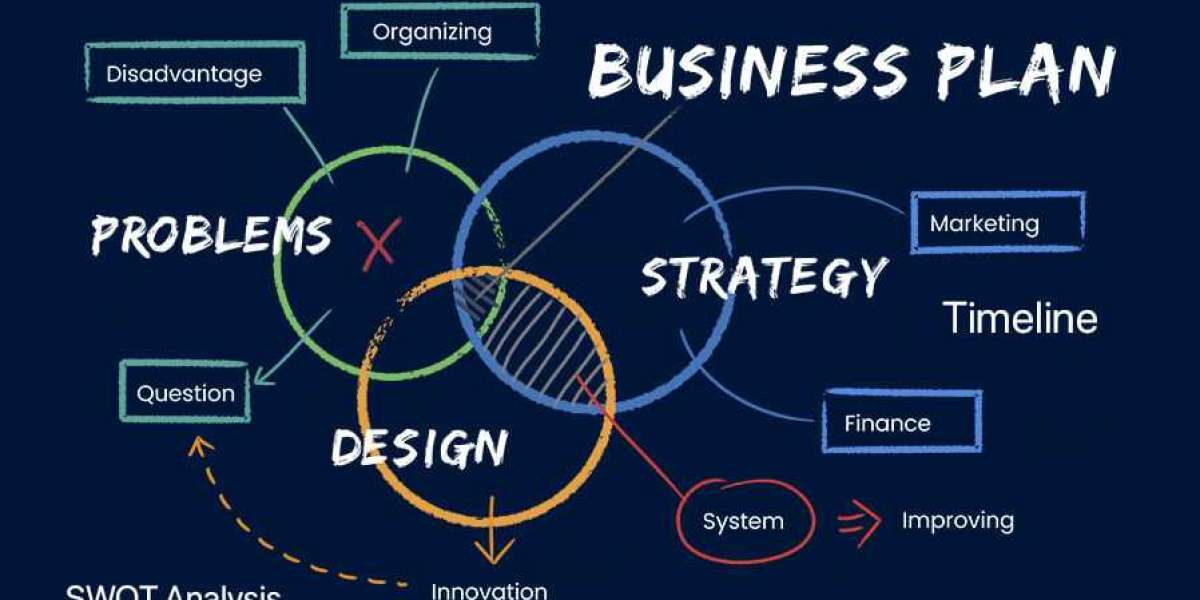Starting a new business venture can be exciting and challenging. Whether you have a groundbreaking idea for a tech startup or a unique product or service to offer, having a solid business plan is essential for success. In this guide, we'll walk you through the process of writing a startup business plan using simple language to ensure easy understanding.
Step 1: Define Your Business Idea
The first step in writing a startup business plan is to clearly define your business idea. What problem does your product or service solve? Who are your target customers, and what makes your solution unique? Take some time to brainstorm and refine your business concept before moving forward.
Step 2: Conduct Market Research
Once you have a clear business idea, conduct market research to better understand your target market, competition, and industry trends. Look for information on customer needs and preferences, market size, pricing strategies, and potential barriers to entry. Gathering insights from market research will help you validate your business idea and identify opportunities for growth.
Step 3: Define Your Value Proposition
Your value proposition is what sets your startup apart from competitors and attracts customers. Clearly articulate the benefits of your product or service and why customers should choose you over alternatives. Your value proposition should address the unique needs of your target market and highlight the key features or advantages of your offering.
Step 4: Set Goals and Objectives
Establishing clear goals and objectives is essential for guiding your startup's growth and measuring success. Define both short-term and long-term goals, such as revenue targets, customer acquisition goals, or product development milestones. Make sure your goals are specific, measurable, achievable, relevant, and time-bound (SMART) to ensure they are actionable and trackable.
Step 5: Develop Your Business Model
Your business model outlines how your startup will generate revenue and sustainably operate. Consider factors such as pricing strategies, revenue streams, cost structure, and distribution channels. Choose a business model that aligns with your value proposition and target market while ensuring profitability and scalability.
Step 6: Create a Marketing Plan
A solid marketing plan is crucial for attracting customers and building brand awareness for your startup. Identify your target audience and develop strategies for reaching and engaging them effectively. Consider tactics such as social media marketing, content marketing, email marketing, search engine optimization (SEO), and partnerships or collaborations with other businesses.
Step 7: Outline Your Operations Plan
Your operations plan details how your startup will function on a day-to-day basis. Define key operational processes, such as production, supply chain management, customer service, and logistics. Consider factors such as staffing requirements, technology needs, and facilities or equipment necessary to support your operations.
Step 8: Financial Planning and Projections
Financial planning is critical for ensuring the long-term sustainability of your startup. Estimate your startup costs, including expenses such as product development, marketing, staffing, and overhead. Develop financial projections, including revenue forecasts, cash flow statements, and profit and loss projections, to guide your financial decision-making.





